The phrase “Tea” appears in sayings like “after tea and dinner” and “firewood, rice, oil, salt, soy sauce, vinegar, and tea,” indicating how essential tea is to our daily lives. Tea can help cultivate one's character and temperament, refresh the mind, relieve fatigue, accelerate metabolism within the body, and aid in preventing obesity and kidney stones.
However, there are still some aspects of Tea drinking that we often overlook but should pay attention to.
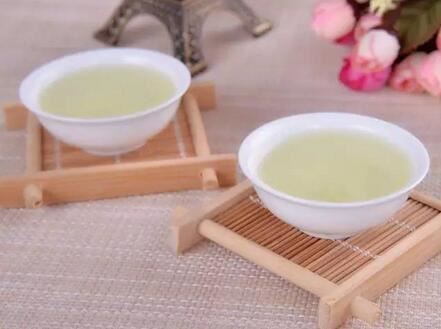
Misconception: The “sweet return” when Drinking Tea is due to the bitterness preceding the sweetness.
Rumor: When drinking tea, the “sweet return” occurs because the bitter substances numb our taste for bitterness, which then promotes a sensation of sweetness.
Truth: The “sweet return” from drinking tea is because it naturally contains sugar or amino acids. Our tongues are more sensitive to bitterness, so we first taste the bitter compounds like caffeine and catechins before tasting the sweetness.
Explanation: “Bitterness precedes sweetness” is a well-known idiom, suggesting that sweetness arises from bitterness. However, this may not be entirely accurate.
Generally, when we drink tea, we first taste the bitterness, which is due to the presence of compounds such as caffeine and catechins. Does this mean that these bitter substances numb our sense of bitterness and subsequently trigger a sweet taste? Not quite! Try eating a quinine tablet or something similarly bitter, and you will find that your mouth remains bitter indefinitely.
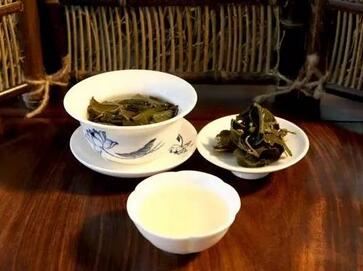
In reality, tea contains sweet substances like sugars and amino acids. However, our tongues are more sensitive to bitterness, so we first taste the caffeine and catechins before experiencing the sweetness. This is the true source of the “sweet return.”
Catechins have a unique astringent taste in addition to their bitterness. A group of proline-rich proteins (PRPs) with moisturizing and lubricating properties have been discovered in saliva. However, catechins can alter the properties of these proteins by forming complexes, causing the mouth to lose its lubrication and resulting in an astringent taste. This astringency and sourness both increase the flow rate of saliva, giving us a sensation of “salivation.”
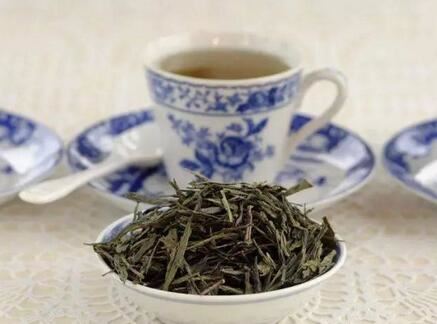
Misconception: Drinking tea water with medication negates its effects.
Rumor: Do not take medication with tea, as it can negate the drug's effectiveness and prevent effective treatment of illnesses.
Truth: The polyphenols and tannins in tea may react with components in the medication to form precipitates, potentially reducing the drug's effectiveness. Medications should be taken with warm water.
Explanation: In most cases, it is not recommended to take medication with tea, especially iron-containing drugs such as ferrous sulfate, ferrous carbonate, citric acid iron, and aluminum-containing drugs like aluminum hydroxide. The metal ions in these medications can react with the catechins in tea to form precipitates, reducing or eliminating the drug's effectiveness.
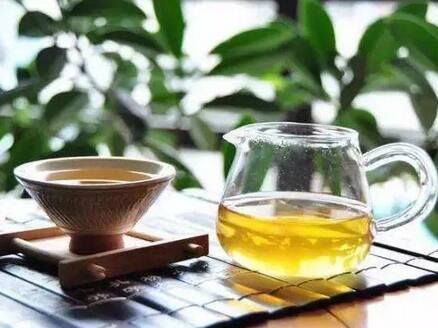
Some herbal medicines, such as ephedra, coptis, hookvine, sophora flavescens, ginseng, and their corresponding alkaloid preparations, as well as drugs like atropine and aspirin, generally should not be mixed with tea. Otherwise, the effective components like ephedrine can be precipitated by the tannins in tea, losing their effectiveness.
When taking enzyme preparations such as protease and amylase, tea should also be avoided. The polyphenols in tea can bind to enzymes, reducing their activity. Additionally, since tea contains caffeine, which has stimulating effects, it is not advisable to take sedatives, hypnotics, or cough suppressants with tea water, as the opposing effects could reduce the drug's effectiveness.
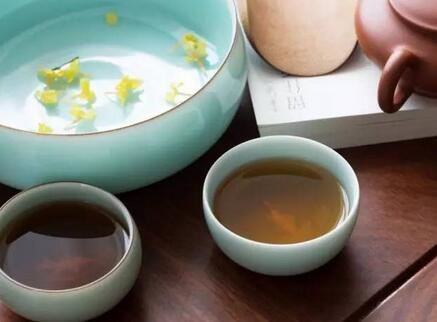
Misconception: Drinking overnight tea causes cancer.
Rumor: Tea is a healthy beverage. However, people often say, “Overnight tea is as poisonous as a snake.” Therefore, many choose to drink freshly brewed tea and discard tea from the previous day. Is overnight tea really harmful to the body?
Truth: The main change in overnight tea is the oxidation of catechins, forming more pigments, making the tea look darker. Some flavor substances, like amino acids, are oxidized, losing their freshness. If there is no microbial contamination, it is safe to drink.
Explanation: The CCTV program “Is It True?” investigated this claim and concluded that overnight tea is safe and drinkable.
To verify the truth, CCTV reporters selected three common types of tea: Longjing, Pu'er, and chrysanthemum tea. On the first day at 9 am, they brewed these teas and left them to sit. After sitting for a long time, how different would the overnight teas be from freshly brewed ones?
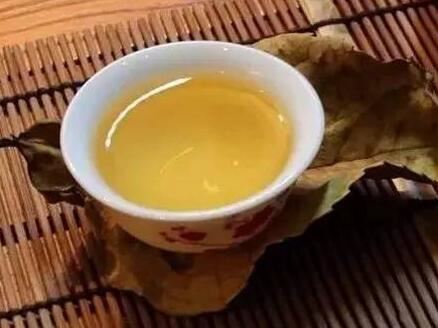
The “Truth Squad” invited senior tea taster Lou Guozhu to professionally evaluate the taste of the overnight teas. Senior tea taster Lou Guozhu said: “If you leave a cup of plain water and a cup of tea out overnight, the tea will contain less nitrite than the plain water. This is because tea contains a large amount of tea polyphenols and other vitamins, which inhibit the formation of nitrite and act as natural antioxidants.”
The safety and drinkability of overnight tea have been confirmed. Regarding how to drink tea healthily, experts suggest: “Drinking tea on an empty stomach can irritate the stomach. It is best to avoid drinking cold overnight tea on an empty stomach. Adding a little warm water or warm tea can be beneficial to the body.”
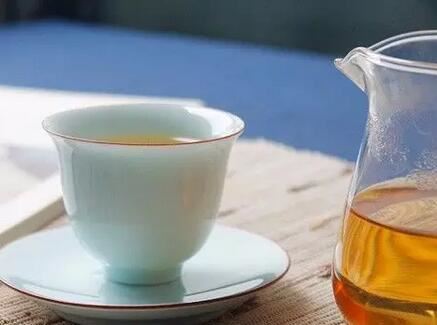
Truth: Drinking tea reduces mortality rates.
Rumor: Professor Nicolas Danchin of France presented a study involving 131,000 people at the European Society of Cardiology annual meeting on August 31. The study revealed that drinking tea can reduce non-cardiovascular mortality by 24%.
Truth: The results showed that coffee drinkers had a higher risk of developing cardiovascular diseases compared to tea drinkers, who were generally in better health. The primary reason is the presence of antioxidants like flavonoids in tea, which help prevent cardiovascular disease.
Explanation: Coffee and tea are important parts of our lives. Their impact on cardiovascular (CV) health has been studied in the past, sometimes yielding contradictory results.
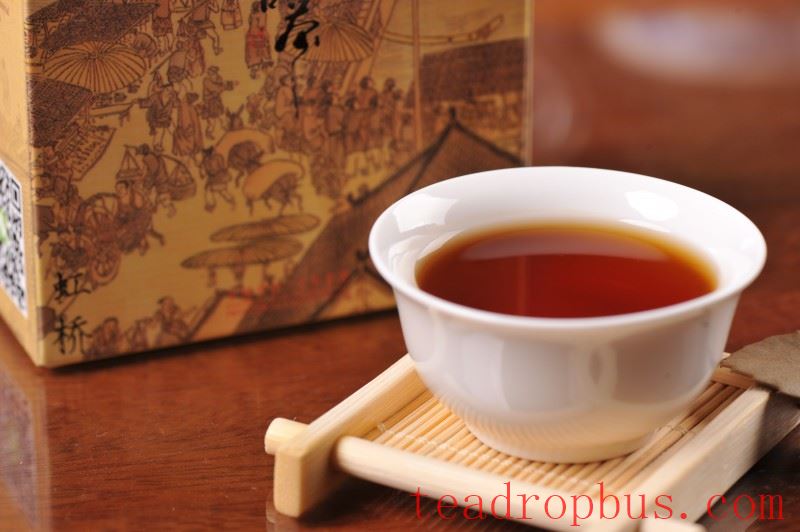
Professor Danchin's study involved 131,401 people aged between 18 and 95 years old. Over an average follow-up period of 3.5 years, there were 95 deaths due to cardiovascular causes and 632 deaths due to non-cardiovascular causes. Consumption of coffee or tea was divided into three categories in the self-reported survey: none, 1-4 cups per day, and more than 4 cups per day.
The researchers found that coffee drinkers had a higher risk of developing cardiovascular diseases compared to non-drinkers, particularly among smokers.
Conversely, tea drinkers had a lower risk of developing cardiovascular diseases compared to non-drinkers. Tea significantly reduced the risk of non-cardiovascular mortality, with a hazard ratio of 0.76 for drinkers versus non-drinkers.